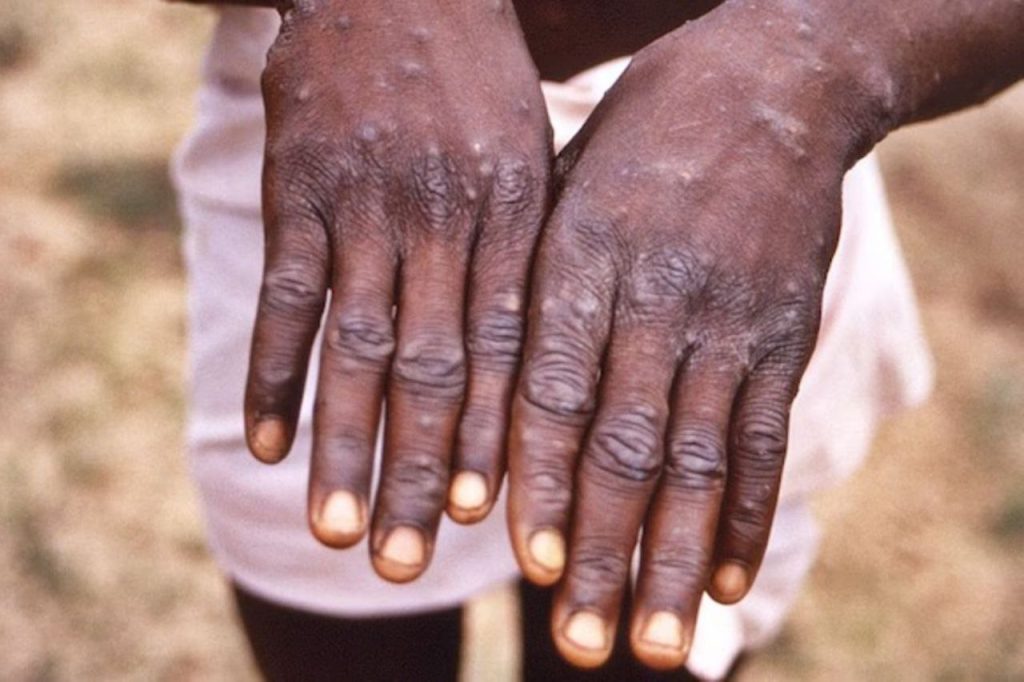Kenya has confirmed its first case of mpox, previously known as monkeypox, according to a statement from the health ministry on Wednesday. The case was detected at a border crossing in southern Kenya, where a passenger traveling from Uganda to Rwanda through Kenya was found to be infected.
This development follows recent reports of mpox cases in the region, including three confirmed cases in Burundi announced on July 25, and over 11,000 suspected cases with around 450 deaths reported in the Democratic Republic of Congo (DRC) as of July 20.
In response to the growing outbreak, the East African Community (EAC), an eight-member regional bloc, has issued a cautionary statement urging member countries to educate their populations on preventive measures and to prevent the spread of the virus. The EAC has also announced plans to convene a meeting of health experts to discuss the situation, though a date for this meeting has not yet been set.

Mpox was first identified in humans in 1970 in the DRC and has historically been confined to specific West and Central African countries. The virus is typically transmitted through contact with infected animals, particularly when consuming bushmeat.
A global surge in mpox cases began in May 2022, predominantly affecting gay and bisexual men, driven by a new subtype known as Clade II. This led the World Health Organization (WHO) to declare a public health emergency of international concern in July 2022, a designation that was lifted in May 2023.
Recently, a more virulent Clade I strain, identified as Clade Ib, has emerged in the DRC, prompting renewed vigilance. The WHO continues to advise populations to remain alert and follow preventive guidelines to control the virus’s spread.


